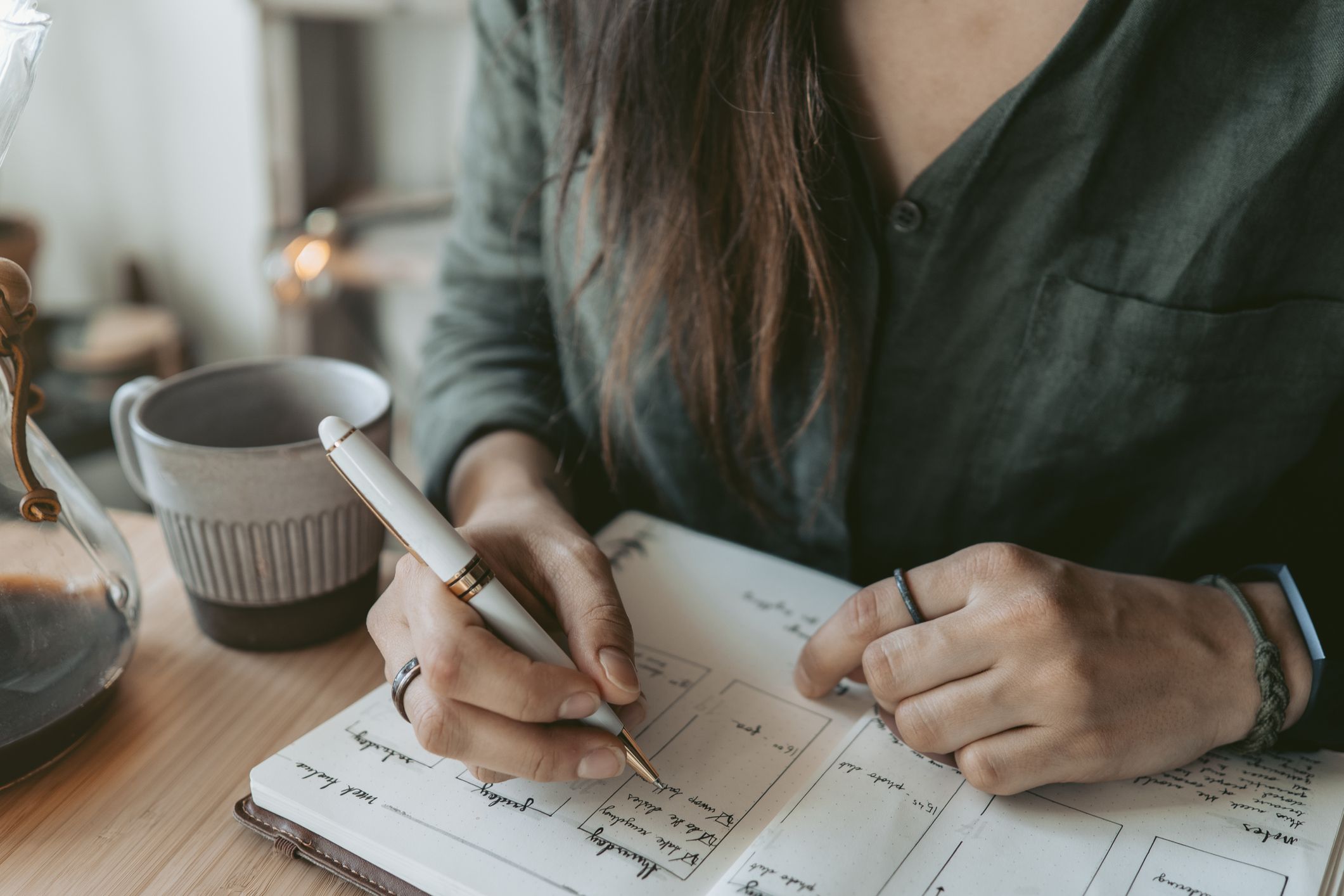If you’re on the hunt for natural remedies for anxiety in teenage girl, the answer may hide in plain sight. Regular self-care can reduce stress and alleviate anxiety symptoms, making it an essential part of any mental healthcare plan. Best of all, you can practice self-care for free and curate techniques based on your interests.
1. Meditation and Mindfulness
Meditation calms the mind and improves focus. Used for thousands of years by cultures all over the world, there are many types of meditation:
- Yoga
- Guided meditation
- Transcendental meditation
- Tai chi
- Mantra meditation
Learning to meditate is highly accessible. You can take an in-person or online class, download an app or listen to free videos on YouTube and other video platforms.
2. Support Systems
Talking to people who understand you is one of the most important things you can do for your mental health. For many, that means conversations with friends and family.
However, you can find support in other places. For example, you can find a group for people with a particular medical condition.
While not necessarily on the list of ADHD symptoms in females, many women with ADHD also experience anxiety. Finding a support group for women with ADHD may therefore be a better fit than a group that only deals with anxiety since the attendees will have similar experiences.
Click here – Do You Really Know What a Psychic Medium Truly Does?
3. Journaling
Writing down your thoughts and emotions can lessen their intensity, allowing you to step back and examine why you’re feeling the way you do. Journaling is an excellent way to take advantage of this, especially if you have a penchant for writing.
Getting started is relatively easy — all you need is a pencil and paper. You can answer pre-written prompts or free-write whatever comes to mind.
4. Electronics Fast
Having the world at your fingertips is incredibly useful, but an endless stream of stimulation can boost anxiety. Certain tech offerings, such as social media, can also affect body image.
If you’re overwhelmed by the amount of information you’re processing, try an electronics fast. During a fast, you turn off all electronic devices:
- Phones
- Tablets
- Computers
- TVs
Instead of surfing the web, focus on things that make you feel good, like gardening, reading or cooking.
5. Breathing Exercises
When you feel anxiety, your body goes into fight-or-flight mode. That means an increased heart rate and quicker, shallower breaths. You can take control of this physiological reaction by slowing and deepening your breathing, “tricking” your body out of the fight-or-flight response.
You can practice breathing exercises anytime, anywhere, making them an excellent tool if you experience anxiety in an unfamiliar place. To start, count to four while you breathe in, hold for four and breathe out for four.
Click here – Your Ultimate Guide to Exploring the Kennedy Space Center Visitor Complex
6. Physical Activity
Physical activity is good for the mind as well as the body. Exercise impacts brain chemistry, prompting the release of “feel-good” neurotransmitters such as serotonin. It’s also a healthy way to distract yourself until the anxiety attack passes.
Adding self-care to your mental health efforts is a smart choice, whether you’re taking OTC anxiety meds or not. Ultimately, everyone is different, so finding what works for you may take some trial and error. Help is available — if you are struggling with anxiety, it’s time to reach out.

